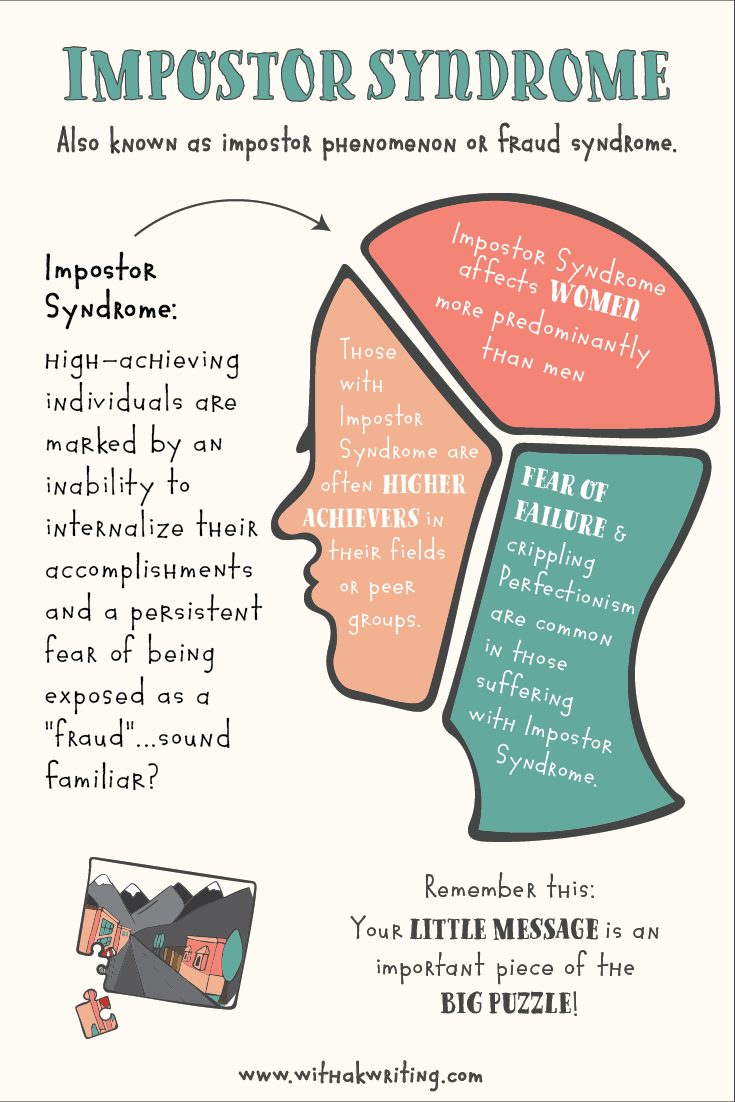With Halloween just around the corner, I figured it was time we talk about a topic that makes many feel like they are wearing a costume - and not just for the holiday: Impostor Syndrome.
Defined as a psychological phenomena of doubting one’s abilities and feeling like a fraud, Impostor Syndrome disproportionately affects high-achieving individuals, especially women. They struggle to accept their accomplishments, doubt their skills and abilities, and question their success and intelligence. These feelings of insecurity can be associated with stress, anxiety, and depression. It can occur in work environments, academic settings, and with social interactions.

The role of attending physician comes with a lot of expectations set by mentors, colleagues, patients, friends, family, and especially oneself. Such standards can easily by overshadowed by the fear of failure, which is why recognizing the pattern before internalizing the emotions is so important.
The rest is building your confidence, knowing your self-worth, and increasing your self-esteem. If you're dealing with Impostor Syndrome, follow these five steps below to help you overcome it:
- Recognize the syndrome for what it is so you can process and address it. This may be seen as using minimizing language or downplaying your success. There are several different types of impostor syndrome as well including the Perfectionist, Natural Genius, Expert, Soloist, and Superwoman/Man (see below).
- Remind yourself of your own accomplishments and what it took to get where you are today. Review your resume and personal statements to solidify your purpose. It is true what they say - you know more than you think you do. Trust yourself with this knowledge.
- Reinforce your perspective with the help of others, reach out for support and guidance. Find a mentor and role model who will inspire and encourage you.
- Represent yourself and the person you have grown to become. Don’t be afraid to take advantage of opportunities that challenge you and further your career. DO NOT let impostor syndrome hold you back from fulfilling your passions.
- Review what you have done so far to find areas of improvement. This may mean writing things down and seeking out others for feedback and constructive criticism. Be better than you were yesterday and strive to be the person of tomorrow.







Post a Comment